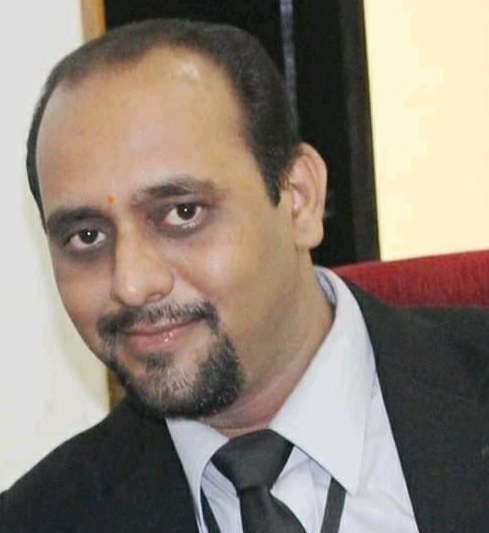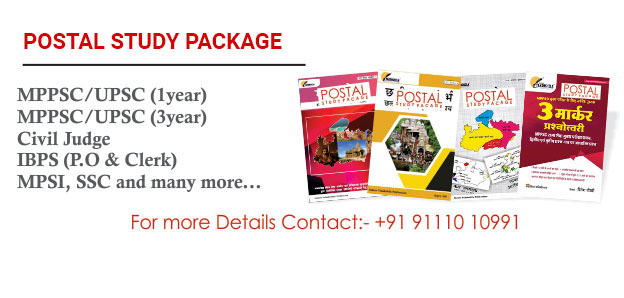Study in the best English Literature Classes in Indore
Language gives wings to your thoughts. It is language that makes others understand you. Without language, you are unable to express yourself. But, when a person works thoroughly on language, he becomes an artist who can win many hearts. This requires patience and a deep understanding of literature. Now, Kautilya academy is providing you the way to make your place in the literary circle by providing English Literature coaching in Indore.
Situated at the smallest distance from the DAVV University BhawarKua and in the heart of the education hub of the city, Kautilya Academy introduces mentoring of English Literature class Bhawarkau Indore in its main office.
The exclusive aim of introducing this branch is to train those students of BA English Literature and MA English Literature who are desperate to gain knowledge about language, literature, Linguistics, American Literature, Special Author, Shakespeare, Milton, Indian Writing in English and to provide them expertise in language with the development of their writing proficiency.
We seek to impart a deep understanding of English literature in the students of Madhya Pradesh so that they can make their careers in writing as well as in different areas of teaching the English language. The study of literature makes them intellectuals who will try to successfully impart the knowledge in future generations through their fine language.
Why English Literature?
Literature is the mirror of society. The literature of an era reflects the culture, society, and personalities of that time. As English is a global language, the writers belonging to many cultures and societies have contributed to their works. Since the invention of the printing press, the English literature has grown leaps and bound. Studying in best English literature coaching in Indore enables students to understand and research various cultures, society, and their trends.
Studying literature also makes a person grow intellectually and dynamically. Literary books are the results of deep thinking and the study of their writers. To understand a writer means to analyze his works thoroughly and bring out the essence of his thoughts which he wants to convey through his writings.
Students by learning literature learn the ways of the world and society. Works of many writers like Geoffrey Chaucer, William Shakespeare, William Wordsworth, John Milton, John Keats, P.B.Shelly, Christopher Marlow, Thomas Gray, Ben Jonson, T.S. Eliot, Dylan Thomas, Henry Fielding have influenced the whole literary world.
Considering the importance of English Literature Study, we provide a deep study of text along with notes and other study materials to give our students’ way to better understand the writers and their thoughts along with scoring good marks in examinations.
Why we started English Literature Class in Indore
Central India has a few literature classes. Many students who cannot attend college don’t opt literature for higher studies as they are not able to understand the key points of literature studies on their own. We aim to provide coaching of English literature so that more students can opt for the literature courses available in universities and grab the opportunities to make career in the field. On the other hand our expert faculty members always try to help students as best as they can so that the students can score better marks.
We aim to provide more branches for literature studies in Madhya Pradesh in future so that the students from all over the state can make their future in literature field.







